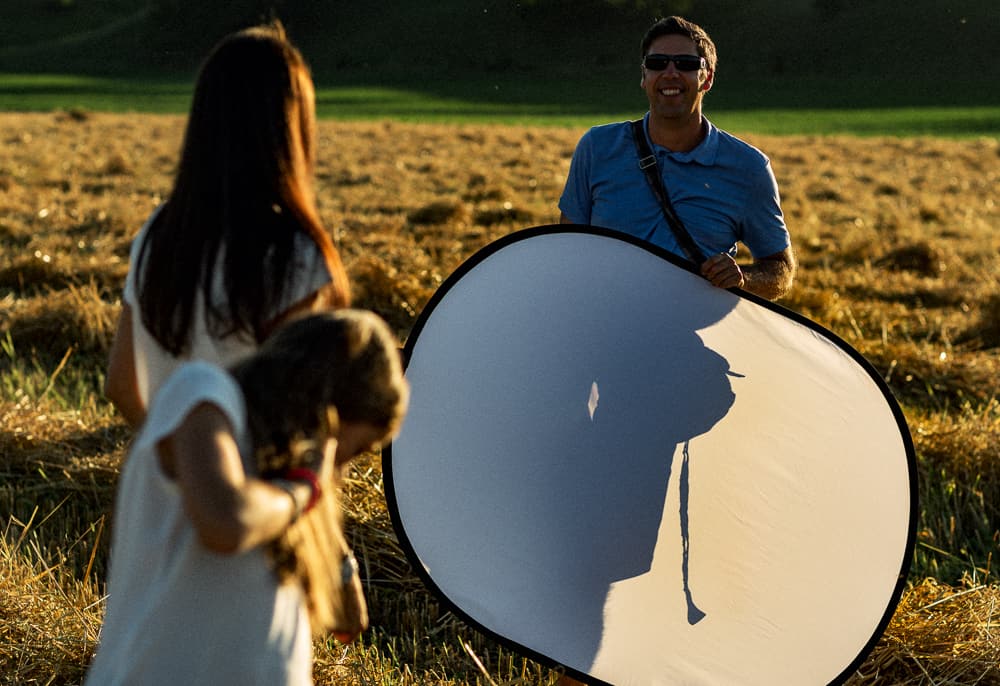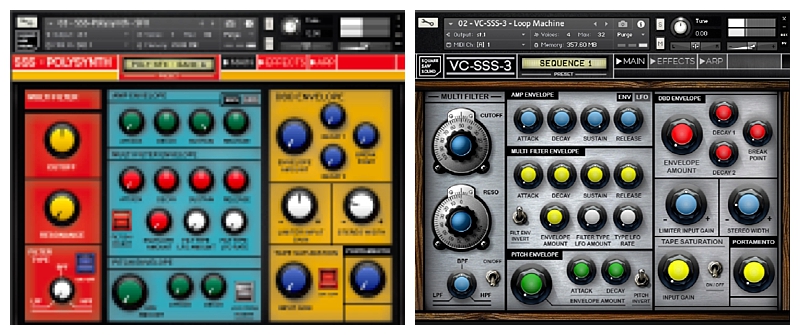In this article, we will discuss the best-paid jobs in the film industry that can be pursued as a career, including average salaries and main responsibilities for each role. The salary information is based on data collected and published from a variety of sources, including Careers in Film, PayScale, the Bureau of Labor Statistics, and the National Careers Service. Salaries are for guidance only and vary according to employer and experience.
High-paid jobs in the film industry are roles in the film and video production paid higher than other jobs in the film industry. People in these professions often have more experience in the industry and in further education, which allows them to assume roles of higher authority and take on more responsibility. Film workers can earn higher salaries by working at a higher level in film production, pursuing a career in independent films, or providing services in the broader entertainment industry such as lawyers or soundtrack composers.

The chief honcho is responsible for everything that happens on set, the director is at the top of the production pyramid and is responsible for how best to translate the script to celluloid. Also known as a cinematographer, a cinematographer works closely with a film director to realize scenes according to their vision. They control the camera and lighting team on the film set, make artistic and technical decisions and view the film material during post-production.
The director, who has profound technical knowledge and a profound understanding of each role, must build a good relationship with the talents involved in order to have good production. In addition, a good internship on the set of a film can be the first step to becoming a full-fledged director.
One of the most misunderstood and nebulous concepts in filmmaking: the producer is responsible for finding a script and turning it into a film on time and within budget. One of the vague titles in Hollywood, a producer is a writer, investor, creator, manager, or all of the above. During pre-production, producers read scripts and hear ideas from writers, directors, and agents.
As an art director in the film industry, it is your responsibility to work on set with the director and other collaborators and assistants to create the artistic vision of the film. It is the task of the actors to slip into the roles of different characters, memorize lines, and take over the direction of the director.
Set designers take rough drawings and ideas from the production team and transform them into realistic, concrete structures that can be used by film crew and talent from the blueprint to the finished building. You will find out what kinds of props the set will have and design the costumes necessary to create a realistic set that matches the style and period of the film. Location managers are responsible for finding the perfect location for a particular scene and obtaining permission from the property owner to film on site.

The location managers also take care of the necessary for filming, including snacks, power supply, changing rooms, and parking. Film editors work with the directors to edit the film as soon as the footage is recorded.
Find at least 5 sites that provide jobs in your location, find a production company with which you want to work, follow them on social media, and mark their career page. If you focus on your role as a producer, you will find that it is easier to hire you as a producer for feature films, so look for trustworthy people who are specific and focused on their role. Expect to get one in ten jobs you apply for before you start.
It can be difficult to get a film job but the good news is you can work your way up through internships in the industry. Never underestimate how a low-budget indie lead actor can work on a major-budget film set.
Remember that it can take some time to find the perfect film career for yourself. This is a competitive industry, and many film jobs are not advertised in the traditional sense, qualifications are not that important, and experience in film studies may not be available. For less competitive roles such as director and screenwriter, you may have to write your own way, such as making your own film or writing a special screenplay for a competition.
Continue to experiment with what kind of work is best for you and your own film lifestyle. Now that you have finished school and completed your internship or final project, you may be wondering how best to look for a job in film production.
As in many creative industries, jobs in the film industry can seem impenetrable unless you happen to know the right people. Many jobs are advertised via word of mouth. That is one reason women only constitute 26 per cent of the industry, while people with BAME backgrounds make up only 53 per cent of production teams, according to a new study by Film Data Education.
Whichever direction you go in, experience in a role is vital – whether it’s finding a job as a technologist, helping a student film a project you are studying, or gaining work experience. Even if you don’t want to be on the big screen there are many other career opportunities that you can pursue that could be just as exciting.
To become an art director, you need a bachelor’s degree in art or photography, a master’s degree in art director, and substantial experience in art, design, or related field. If you are wondering how to enter the film industry, find a runner in a junior position in a production department – this is the start of a career. In order to play a major role in this constellation and to find a consistent job, you must prove that you can be trusted to do your job in a role that fills the CV (for example, credits).

There are other ways to get film jobs that are unique to you, so find a job by paying attention to what your employer is looking for. Here is an application of this method to find out which jobs work best in the film industry.
This role will help you to build your network and bring you a step closer to the job you want. People who like to work hard will remember you as a dedicated and hard worker. They want others to know that they can rely on you to do your job, no matter how insignificant it may seem.

Movie Film Clapboard Hollywood Wooden-Clapper Board Directors Photography Studio Video TV Clapper Board with Erasable Pen Movie Theater Props Decor,Black Clap Board 10.5 X 11.7 inches (Black)
Wide Applications: The Movie Film Directors Clap Board is Perfect for Film Shooting, MV Shooting, Short Video Shooting…
As an affiliate, we earn on qualifying purchases.
As an affiliate, we earn on qualifying purchases.

Skytex Softbox Lighting Kit(2Pack), 20x28in Soft Box | 85W 2700-6400K E27 LED Bulb Continuous Photography Lighting, Photo Studio Lights Equipment for Camera Shooting, Video Recording
The kit included: 2pcs 20" x 28"/50cm x 70cm Softbox +2pcs 85W 2700-6400K 100V-240V LED Light Bulb +…
As an affiliate, we earn on qualifying purchases.
As an affiliate, we earn on qualifying purchases.

Role Play Axe – LED Light Transforming Toy, Costume Accessory Props, Holiday Dress Up Tool, Interactive Play Item | Transforming Axe Set Designed with Easy Use for Content Creators Masquerade Film
Dynamic Vibration Feedback: Adult cosplay props feature a vibration feedback module combined with immersive lighting and shadow effects,…
As an affiliate, we earn on qualifying purchases.
As an affiliate, we earn on qualifying purchases.

Location Manager Filming Log Book: Track & Optimize Every Shoot. Ideal for Filmmakers, Area Scouts, and Film Students
As an affiliate, we earn on qualifying purchases.
As an affiliate, we earn on qualifying purchases.










